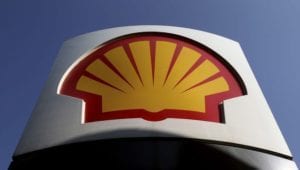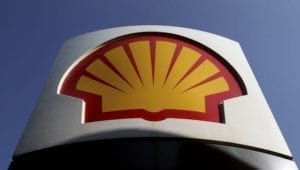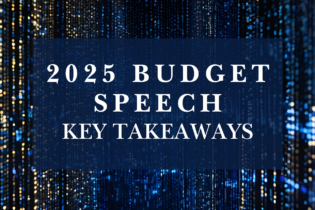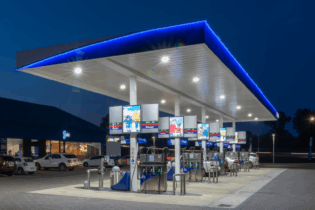 The Shell Petroleum Development Company of Nigeria (SPDC) operator of the Shell/NNPC Joint Venture on Tuesday lifted the 17 months force majeure, which was placed on Forcados Export Terminal. This follows the completion of repairs on the leaks on the Trans Forcados Pipeline (TFP) that affected crude receipts into Forcados Terminal.
The Shell Petroleum Development Company of Nigeria (SPDC) operator of the Shell/NNPC Joint Venture on Tuesday lifted the 17 months force majeure, which was placed on Forcados Export Terminal. This follows the completion of repairs on the leaks on the Trans Forcados Pipeline (TFP) that affected crude receipts into Forcados Terminal.
The spokesperson of Shell Nigeria, Bamidele Odugbesan who confirmed the development to leadership in a telephone chat said the force majeure was lifted effective 4 o’çlock in the afternoon on Tuesday.
He commended the government and securities agencies for their supports in ensuring the repairs of the pipelines, stressing that the reopening of the crude export terminal will further improve the prospect of meeting the 2.2 million barrel per day (bpd) export target of the government.
According to Bloomberg’s loading program, Nigeria’s crude shipment this month is expected to average about 250 000 bpd, adding that the extra flows amount to about 20% of the supply OPEC has pledged to cut from world markets.
Meanwhile, Seplat has applauded the development stating that since reception injection of oil and condensate gas into the Forcados system, it has been able to reinstate gross production at OMLs 4,38 and 41 to pre – force majeure level of about 75 000 bpd and 290mn cubic feet per day or 125 000 barrels of oil equivalent per day gross (56,000boe/d net to Seplat’s 45 per cent interest).
In contrasts to the company’s first quarter 2017 production report it submitted to the Nigerian Stock Exchange (NSE) on 7 April, 721bpd only plus 211mn cubic feet per day.
Speaking on the development, Seplat’s CEO, Austin Avuru said, “The resumption of export at the Forcados terminal has enabled us to very quickly de-constrain production, and in doing so once again demonstrate Seplat’s strong underlying fundamentals.”
Similarly, the Nigerian Petroleum Development Company (NPDC), a subsidiary of the NNPC is expected to benefit from the lifting of the force majeure as it uses the pipeline to transport around 11 000 barrel per day of crude and 6.5 million cubic feet of gas per day for export.
Meanwhile, it will be recalled that OPEC had on May 25 said it will keep its collective output restricted by 1.2 MMbpd until the end of the first quarter next year. Nigeria and Libya which were both exempted from the curbs because of domestic conflicts has in recent time increased their supply.







